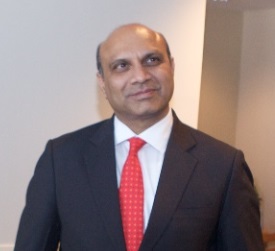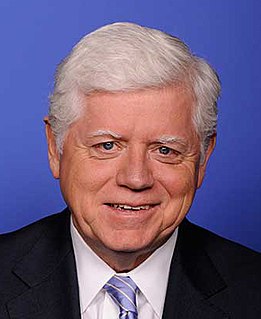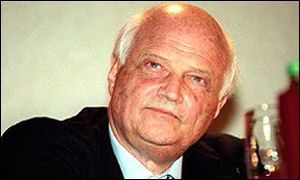A Quote by Pallam Raju
There is definitely a need for increasing capacity in higher education; a large part of this is being met in the technical education segment by the private sector and in the non-technical by the state sector. In the public sector, we will do whatever we can afford.
Related Quotes
Private sector unionization is down to practically seven percent. Meanwhile the public sector unions have kind of sustained themselves [even] under attack, but in the last few years, there's been a sharp [increase in the] attack on public sector unions, which Barack Obama has participated in, in fact. When you freeze salaries of federal workers, that's equivalent to taxing public sector people.

































